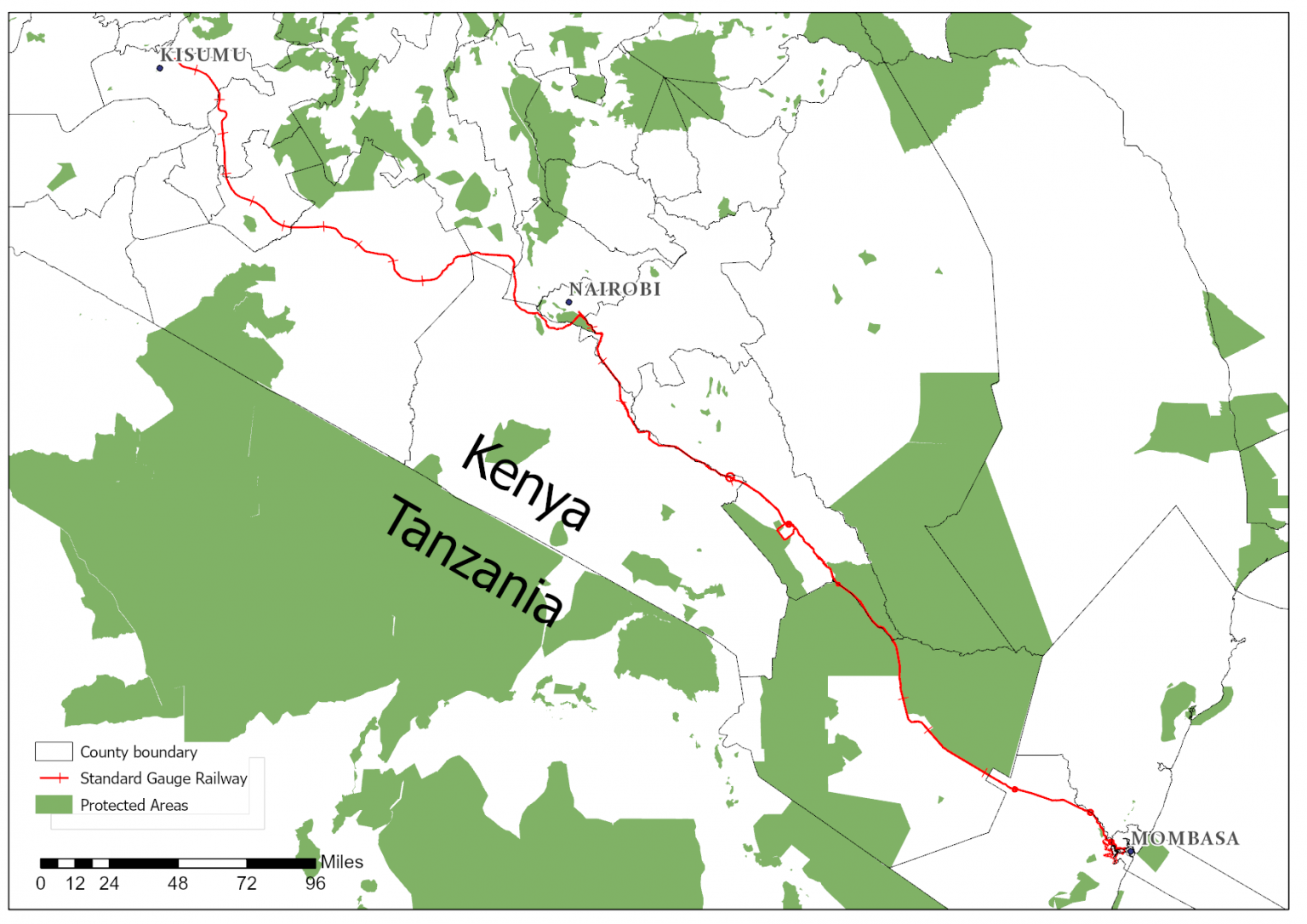News
Three ways to turn research into action

News | Jun 2020
by Amayaa Wijesinghe, Communications and Data Officer – TRADE Hub/DCP
It is clear that the production of scientific knowledge alone, while critically important, may not always be enough to make impact.
Increasingly, a scientist’s call to action includes engaging at the ‘science-policy interface’. That is, to facilitate the translation of scientific findings into policies and on-the-ground interventions that make positive change for people and planet.
One project that focuses on strengthening the science-policy interface is the Development Corridors Partnership (DCP), and the progress of the project so far can offer researchers useful lessons in translating research and evidence into action.
Development Corridors and policy impact
Development Corridors are geographical areas (often linear) targeted for investments aimed to promote economic growth. They have been prioritised by governments keen to accelerate regional integration, expedite resource exchange and promote economic development to alleviate poverty.
However, there remain significant gaps in knowledge regarding the impact that present and planned corridors could have on local communities and natural ecosystems.

The Mombasa-Nairobi Standard Gauge Railway in Kenya is an example of a development corridor. It will be operated by the China Communications Construction Company for the first five years, and runs through the Nairobi National Park, among other protected areas (seen in green) and crosses lands traditionally used by pastoralists (Map developed by Diego Juffe/ Development Corridors Partnership)
The DCP is a 4-year capacity building and research project funded by the UK Research and Innovation’s Global Challenges Research Fund (UKRI GCRF), to assess existing and proposed development corridors in Kenya and Tanzania, and collaboratively consider how they can be designed to deliver sustainable, inclusive and resilient economic growth.
The project brings together 11 institutions and 40 researchers in Kenya, Tanzania, China and the UK to deliver research excellence in assessing environmental and social risks, scenario planning, and understanding social costs and benefits, and seeks to integrate these findings into key policy decisions.
To achieve this, DCP has designed interventions aimed at upskilling its researchers to understand the policy context of their work.
Tools to strengthen targeted science-policy action
The capacity building under DCP includes a purpose-designed, virtual training programme for early career researchers on translating research to impact.
The programme is ongoing, but here are 3 useful takeaways for researchers wanting to make an impact:
Impact must be planned.
- There is little use in trying to retrofit research outcomes to meet decision-makers’ needs. Gaps in evidence and insight and opportunities to influence policy and practice need to be identified early in a project’s life cycle and reinforced throughout. Otherwise, it’s easy to wander off the pathway to impact as the project unfolds
Scientific advice (usually) needs to be offered proactively to decision-makers.
- Although there is a clear need to fill the knowledge gaps surrounding the trade-offs between infrastructure development and social/environmental externalities, it is often the case that policymakers are not driving this demand. A carefully planned proactive communications strategy is necessary to influence policy.
Context, context, context.
- Large-scale development and infrastructural projects are rarely planned for environmental benefit. It’s important to show decision-makers how project findings can add value and legitimacy to their own goals, be it regional integration, poverty alleviation, or economic development. It’s also important to tailor the language to different audiences and policy contexts.
By 2021, it is planned that the Development Corridors Partnership will be able to positively contribute towards sustainable corridor design and decision-making in Kenya and Tanzania. Further, the key skills developed in bridging the gap between evidence and action can be carried forward into the future.
Find more information about the Development Corridors Partnership here.
Have a query?
Contact us
communications@unep-wcmc.org
